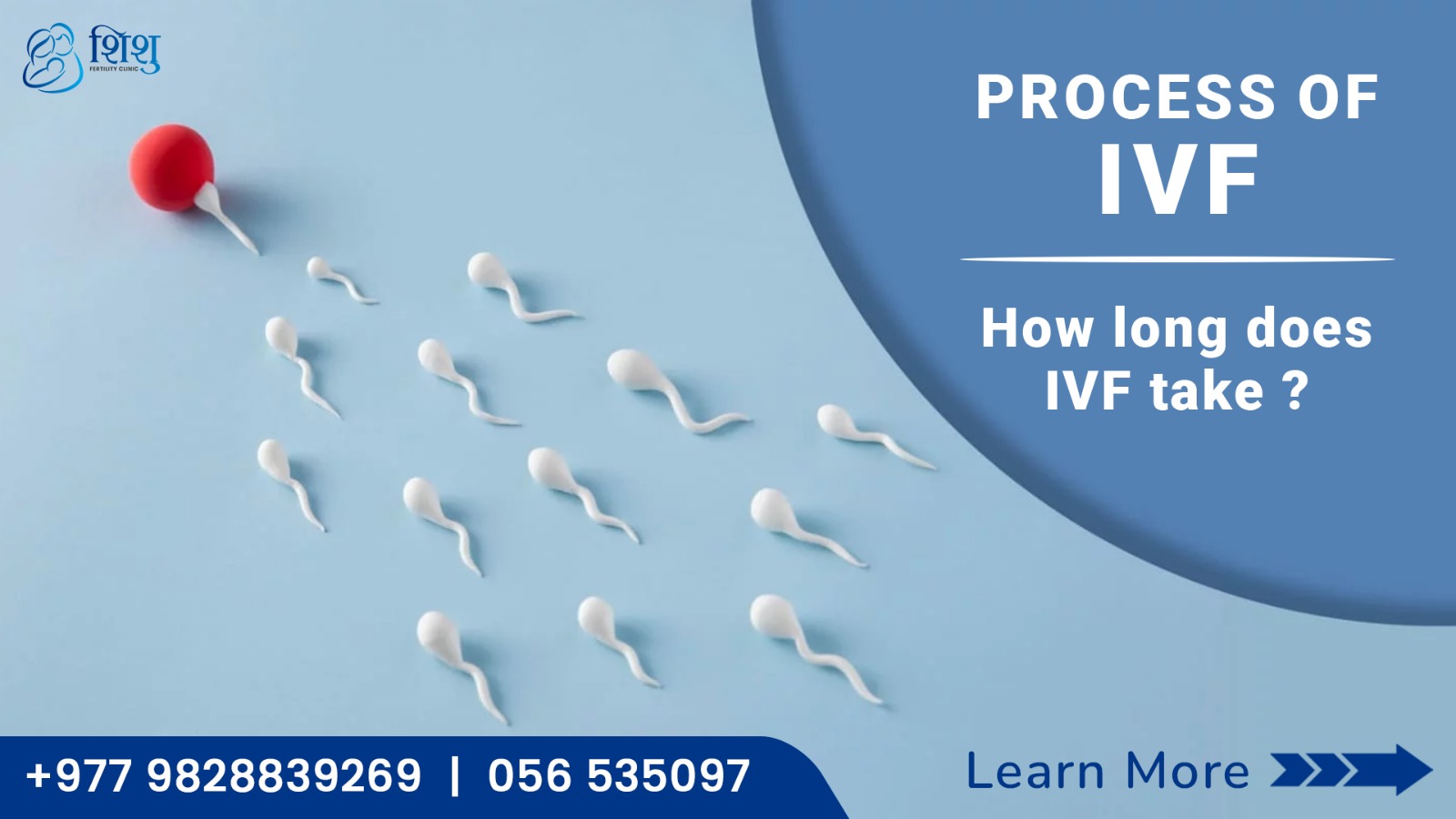Starting a family through IVF (in vitro fertilization) is a major step that can bring hope and excitement to many couples struggling with infertility. However, IVF is not always guaranteed with a 100% success rate, and it’s common to wonder: Does IVF usually fail the first time?
The journey to parenthood through IVF is different for everyone, and the process can be emotionally and physically challenging. While the success rates of fertility treatment are high in specific cases, there is no certainty that IVF will work on the first attempt.
In this blog post, we’ll explore the factors influencing IVF success rate, why it might fail initially, and what you can do if IVF doesn’t work the first time.
Understanding IVF Success Rates
IVF success rates can vary widely depending on several factors, including the age of the woman, the health of both partners, and the specifics of the IVF procedure. On average, the success rate of IVF per cycle is about 40% for women under 35, but it decreases as the woman’s age increases. For women over 40, the success rate can drop to around 10-20%.
It’s important to note that the clinic’s expertise can also influence success rates, the quality of the embryos, and the methods used for embryo transfer. That means the outcome of one IVF cycle might not be the same as another, even for the same couple.
Why IVF May Fail the First Time?
IVF may fail the first time due to factors like poor embryo implantation, uterine environment issues, hormonal imbalances, maternal age, or sperm quality. Subtle genetic abnormalities, immune system responses, and lifestyle factors can also impact success. Proper testing and adjustments can help improve outcomes.
- Age and Egg Quality
One of the main factors influencing IVF success is age. As a woman gets older, the quantity and quality of her eggs tend to decrease. Poor egg quality can make it more difficult for embryos to implant successfully in the uterus.
- Embryo Quality
Even if fertilization occurs, not all embryos are of the right quality to implant and grow. Sometimes embryos might not develop well enough, making implantation less likely. The quality of the sperm also plays a role in embryo development.
- Uterine Environment
If the uterine environment isn’t optimal, implantation might not occur. Factors such as endometriosis or uterine fibroids can impact the chances of success. The uterine lining needs to be thick enough and in the right condition for an embryo to implant successfully.
- Embryo Implantation Issues
Even with high-quality embryos, implantation is not always successful. The process of an embryo attaching to the uterine lining is complicated, and various factors can disrupt this process.
- Underlying Health Conditions
Conditions such as polycystic ovary syndrome (PCOS), thyroid imbalances, or issues with sperm quality and count can affect the success of IVF. Sometimes these health conditions are not fully identified until IVF is attempted.
- Immune System Factors
Sometimes, the body’s immune system might recognize the embryo as a foreign body and reject it, leading to implantation failure or early miscarriage.
- Lifestyle Factors
Lifestyle habits like smoking, excessive alcohol consumption, or being overweight can negatively impact fertility and reduce the chances of IVF success. Stress can also play a role in IVF failure.
What Happens If IVF Fails the First Time?
If IVF fails the first time, couples may undergo further testing to identify potential issues like uterine problems, hormonal imbalances, or genetic factors. Adjustments to treatment plans, lifestyle changes, or alternative options like egg or sperm donors may be explored to improve future chances of success.
Here are some steps you can take if IVF doesn’t work the first time:
- Consult Your Doctor
The first step is to talk to your fertility specialist. They can assess why the cycle failed and what changes might increase your chances of success. Sometimes, small changes to the treatment plan, such as adjusting the type of medication used or altering the timing of the embryo transfer, can make a big difference.
- Consider Genetic Testing
If embryo quality is an issue, genetic testing (preimplantation genetic testing or PGT) can help identify the best embryo for successful IVF. This test can be an option for couples with a history of repeated IVF failures.
- Explore Alternatives
If repeated IVF cycles are unsuccessful, there are other options to consider, such as using a donor egg, sperm, or embryos. Surrogacy might also be a possibility if there are issues with the uterus or other factors that prevent a successful pregnancy.
- Take Care of yourself
If the IVF process doesn’t work, it’s important to take time for self-care and mental health. Consider talking to a counselor or support group to help you through the emotional rollercoaster.
Conclusion
It’s normal to feel anxious about IVF, especially after a failed first attempt. However, IVF failure is common and doesn’t guarantee future cycles won’t succeed. Many couples find success after multiple attempts.
At Sishu Fertility Clinic, one of the best IVF clinic in Nepal, we offer personalized support and advanced IVF treatments. If IVF doesn’t work the first time, consult with our fertility specialists to adjust your plan and explore your options. Remember, the journey to parenthood may take time, but it’s worth the wait. Contact Sishu Fertility for more information!!



